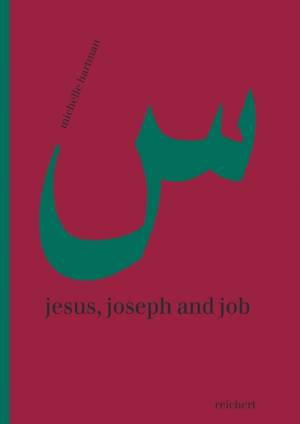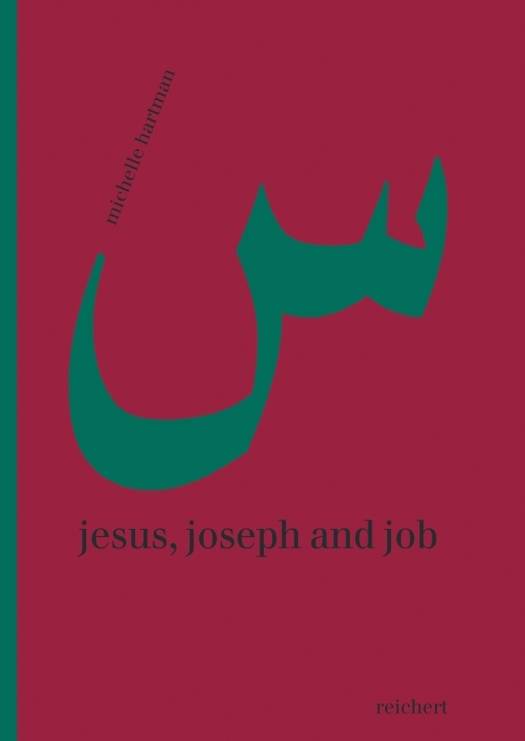
Bedankt voor het vertrouwen het afgelopen jaar! Om jou te bedanken bieden we GRATIS verzending (in België) aan op alles gedurende de hele maand januari.
- Afhalen na 1 uur in een winkel met voorraad
- In januari gratis thuislevering in België
- Ruim aanbod met 7 miljoen producten
Bedankt voor het vertrouwen het afgelopen jaar! Om jou te bedanken bieden we GRATIS verzending (in België) aan op alles gedurende de hele maand januari.
- Afhalen na 1 uur in een winkel met voorraad
- In januari gratis thuislevering in België
- Ruim aanbod met 7 miljoen producten
Zoeken
Jesus, Joseph and Job
Reading Rescriptings of Religious Figures in Lebanese Women's Fiction
Michelle Hartman
€ 95,45
+ 190 punten
Omschrijving
Joseph, Jesus and Job are all immediately recognizable religious figures in both Christianity and Islam who have been incorporated into a range of artistic and literary projects both inside and outside the Arab world. This study examines how three Lebanese women authors borrow and use these religious figures within their works of creative fiction. It proposes that the social, political and literary contributions of these works are interlinked and that their messages, especially those related to religion and gender, emerge through their innovations and artistry as creative works. Drawing on the dual critical frameworks of intertextuality and postcolonial feminist theory, the study sets these works and their themes in relationship to multiple contexts, posing the question: Are these Arabic, French and/or Francophone novels? Should they be understood as Arab, Lebanese, and/or 'Third' World texts? As women's literature? The works treated are: Huda Barakat's Hajar al-dahik, Najwa Barakat's Hayat wa-alam Hamad ibn Silana, and Andree Chedid's La femme de Job.
Specificaties
Betrokkenen
- Auteur(s):
- Uitgeverij:
Inhoud
- Aantal bladzijden:
- 188
- Taal:
- Engels
- Reeks:
- Reeksnummer:
- nr. 12
Eigenschappen
- Productcode (EAN):
- 9783895002984
- Verschijningsdatum:
- 3/09/2002
- Uitvoering:
- Hardcover
- Formaat:
- Genaaid
- Afmetingen:
- 240
- Gewicht:
- 479 g

Alleen bij Standaard Boekhandel
+ 190 punten op je klantenkaart van Standaard Boekhandel
Beoordelingen
We publiceren alleen reviews die voldoen aan de voorwaarden voor reviews. Bekijk onze voorwaarden voor reviews.









